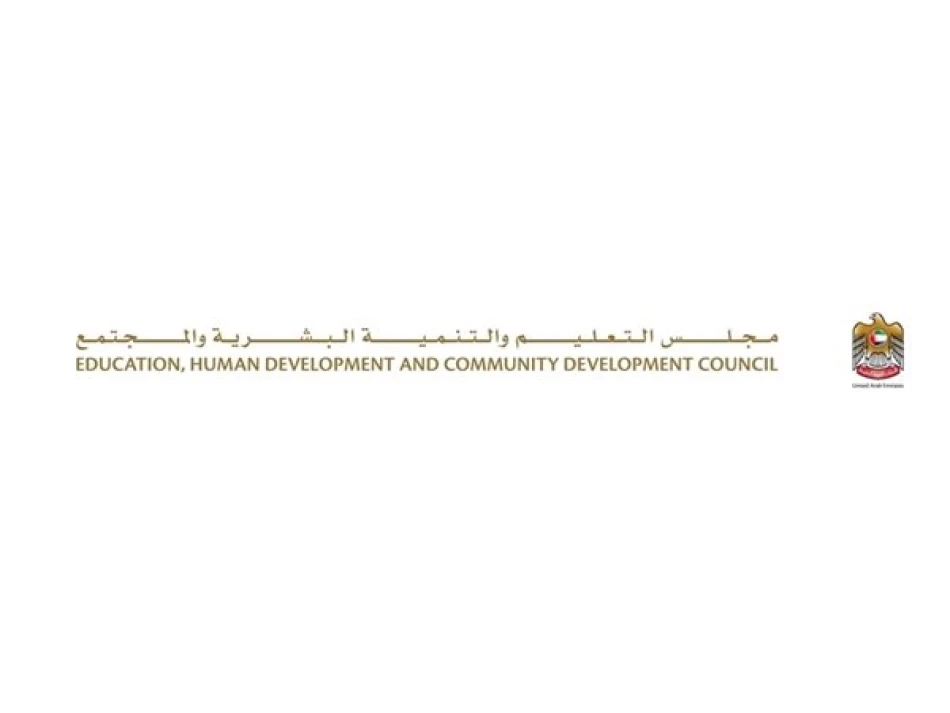
Princess Maryam Urges Students to Embark on New Academic Year with Determination and Ambition
UAE Royal Emphasizes AI Integration and Arabic Identity in New Academic Year Vision
As the UAE launches its new academic year, Sheikha Maryam bint Mohammed bin Zayed Al Nahyan has issued a comprehensive educational blueprint that balances technological advancement with cultural preservation. Her message to students, families, and educators emphasizes responsible AI adoption while strengthening Arabic language identity—a strategic approach that positions the Emirates as a leader in culturally-aware digital education transformation.
Strategic Balance Between Innovation and Heritage
The Deputy Chairman of the Education, Human Development and Community Council delivered a nuanced message that reflects the UAE's broader national strategy. Rather than simply embracing technology, Sheikha Maryam specifically called for "smart and responsible use of artificial intelligence technologies and social media platforms" while simultaneously urging students to "take pride in their Arabic language as the cornerstone of national identity."
This dual emphasis represents a sophisticated understanding of modern educational challenges. While countries like Singapore and South Korea have aggressively digitized their curricula, the UAE is pioneering an approach that integrates cutting-edge technology without sacrificing cultural foundations.
AI Integration as Educational Policy
Beyond Digital Literacy
The royal directive goes beyond basic digital literacy by specifically mentioning AI technologies. This positions the UAE ahead of most global education systems, where AI integration remains largely experimental. By encouraging students to use these tools "in a way that reflects their awareness, ethics, and authentic Emirati values," the leadership is establishing ethical frameworks for AI adoption at the foundational education level.
This approach contrasts sharply with reactive policies seen in countries like the United States, where educational institutions have struggled to develop coherent AI policies, often defaulting to restrictions rather than guided integration.
Collaborative Educational Ecosystem
The message emphasizes systemic collaboration between parents, teachers, and educational institutions to create "balanced educational environments that develop students' capabilities." This holistic approach recognizes that successful AI integration requires alignment across all stakeholders—a lesson that many Western educational systems are still learning.
Cultural Preservation as Competitive Advantage
The emphasis on Arabic language preservation within a technology-forward educational framework represents strategic foresight. As global markets increasingly value cultural authenticity alongside technological capability, students who can navigate both domains will possess significant competitive advantages.
This mirrors successful models in countries like Japan and Germany, where strong cultural identity has complemented rather than hindered technological advancement. The UAE appears to be positioning its next generation to compete globally while maintaining distinct cultural advantages.
Implications for Regional Leadership
The comprehensive nature of this educational vision reinforces the UAE's position as a regional education hub. By establishing frameworks for responsible AI use while strengthening cultural identity, the Emirates is creating a model that other Gulf nations are likely to study and adapt.
The timing is particularly significant as the region experiences rapid technological transformation. Countries that successfully balance innovation with cultural preservation will likely emerge as preferred destinations for international students and educational partnerships.
This educational strategy aligns with the UAE's broader economic diversification goals, preparing a workforce capable of leading in both traditional industries and emerging technology sectors while maintaining the cultural cohesion essential for long-term national stability.
Most Viewed News

 Layla Al Mansoori
Layla Al Mansoori






